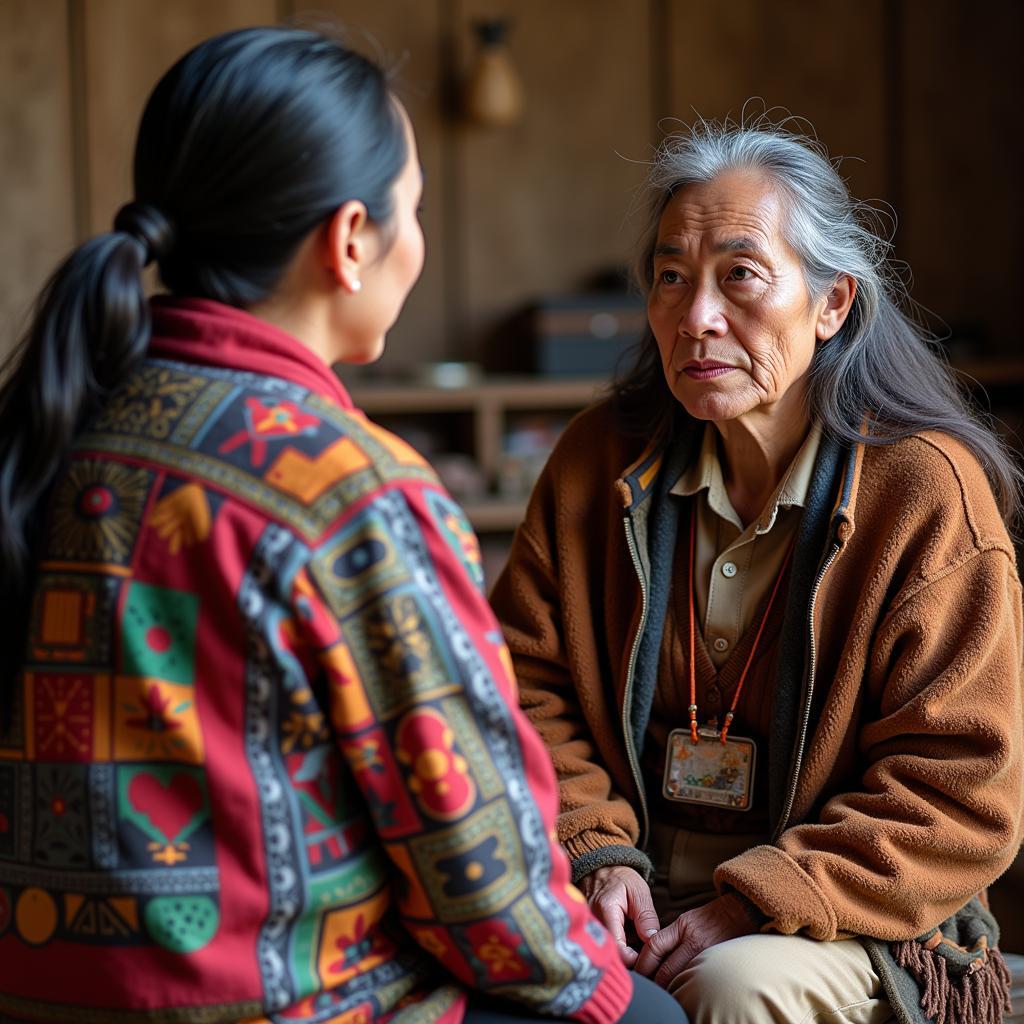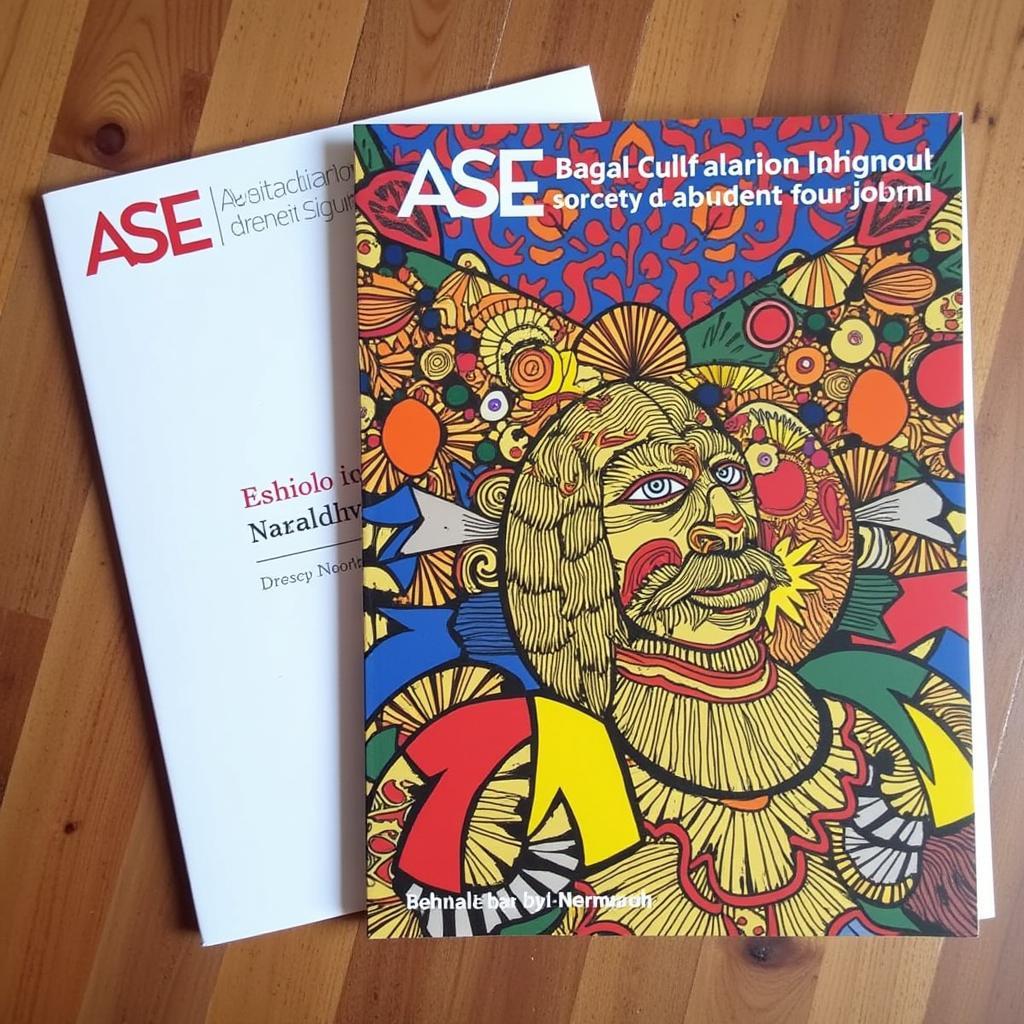The American Society For Ethnohistory (ASE) plays a crucial role in fostering understanding and appreciation of diverse cultures through the study of their histories. Founded in 1954, the ASE serves as a hub for scholars, researchers, and individuals passionate about exploring the intersection of history, anthropology, and culture. Through its publications, conferences, and initiatives, the ASE promotes ethical research practices, encourages dialogue, and disseminates valuable knowledge about indigenous peoples and their rich heritage.
 Scholars attending the American Society for Ethnohistory conference
Scholars attending the American Society for Ethnohistory conference
Unraveling the Tapestry of Ethnohistory
Ethnohistory delves into the historical experiences of cultures often marginalized or misrepresented in traditional historical narratives. It goes beyond written records, incorporating oral traditions, archaeological evidence, linguistic analysis, and ethnographic data to construct a more comprehensive and nuanced understanding of the past. The ASE, through its interdisciplinary approach, provides a platform for scholars to challenge dominant narratives and shed light on the diverse perspectives and experiences that have shaped our world.
 An ethnohistorian interviewing a community elder for their research
An ethnohistorian interviewing a community elder for their research
The Significance of ASE in Contemporary Society
In an increasingly interconnected world, understanding the complexities of history and culture is paramount. The ASE’s work is particularly relevant in addressing issues of social justice, cultural revitalization, and reconciliation. By amplifying the voices and perspectives of indigenous communities, the ASE contributes to a more inclusive and equitable representation of history. Their research and publications serve as invaluable resources for educators, policymakers, and anyone seeking to engage with diverse cultures in a meaningful and respectful way.
ASE’s Contribution to Knowledge and Advocacy
The ASE’s commitment to ethical research practices ensures that indigenous voices are heard and their perspectives are respected. The society actively promotes collaborative research projects that involve community members as equal partners, ensuring that their knowledge and experiences are valued.
 The cover of an ethnohistory publication featuring indigenous artwork
The cover of an ethnohistory publication featuring indigenous artwork
Joining the Conversation: Engaging with the American Society for Ethnohistory
Whether you are a seasoned scholar or simply curious about exploring the rich tapestry of human history, the ASE offers numerous avenues for engagement. Their annual conferences bring together experts from around the globe to share their research, engage in thought-provoking discussions, and network with fellow enthusiasts. The ASE also publishes a prestigious journal, “Ethnohistory,” which features cutting-edge research and analysis in the field.
The American Society for Ethnohistory stands as a beacon of knowledge, understanding, and cultural appreciation. By delving into the complexities of the past and amplifying marginalized voices, the ASE paves the way for a more just and equitable future.